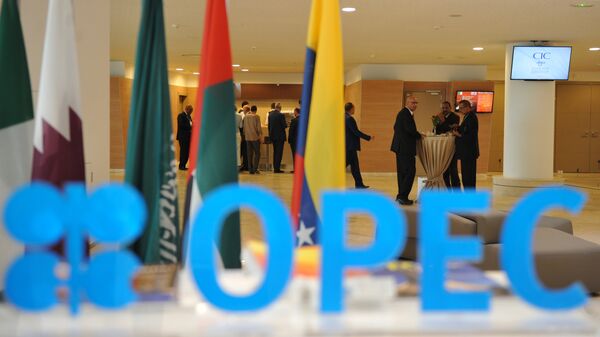Thirteen OPEC members agreed to slash oil output by 1.2 million barrels per day as part of the so-called Vienna Agreement reached in November, limiting production at 32.5 million barrels per day.
Eleven non-members, including Russia, agreed the following month to cut oil production by 558,000 barrels per day. Both agreements took effect on January 1, 2017.
Barkindo said a technical committee to monitor compliance with the agreement is expected to convene in Vienna on Wednesday.
Current oil prices are still far from balanced and accumulated oil reserves are still high despite the latest deal among major producers to cut output, Organization of the Petroleum Exporting Countries Secretary General said.
Speaking at the International Petroleum Week conference in London, Barkindo said the market was still far from equilibrium despite the agreement in effect since the start of the year.
Thirteen OPEC members agreed to slash oil output by 1.2 million barrels per day as part of the so-called Vienna Agreement reached in November, limiting production at 32.5 million barrels per day.
Eleven non-members, including Russia, agreed the following month to cut oil production by 558,000 barrels per day. Both agreements took effect on January 1, 2017.
Never miss a story again — sign up to our Telegram channel and we'll keep you up to speed!





